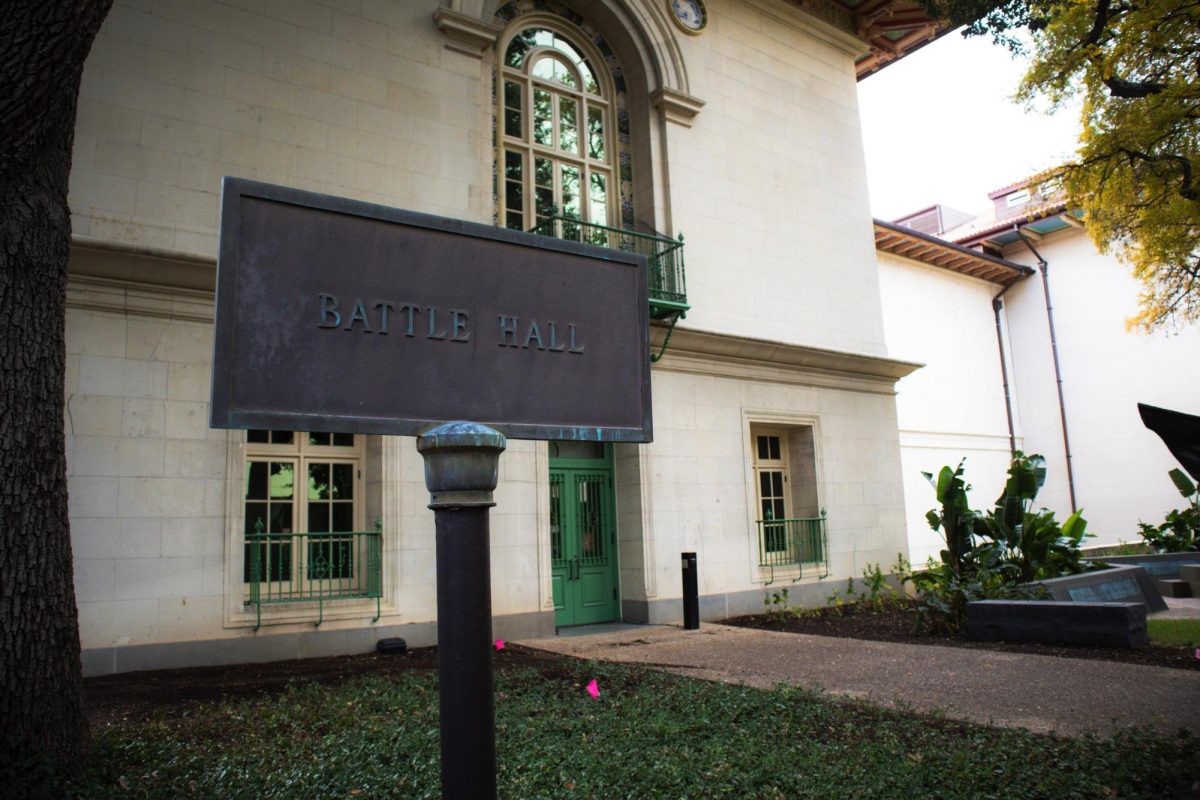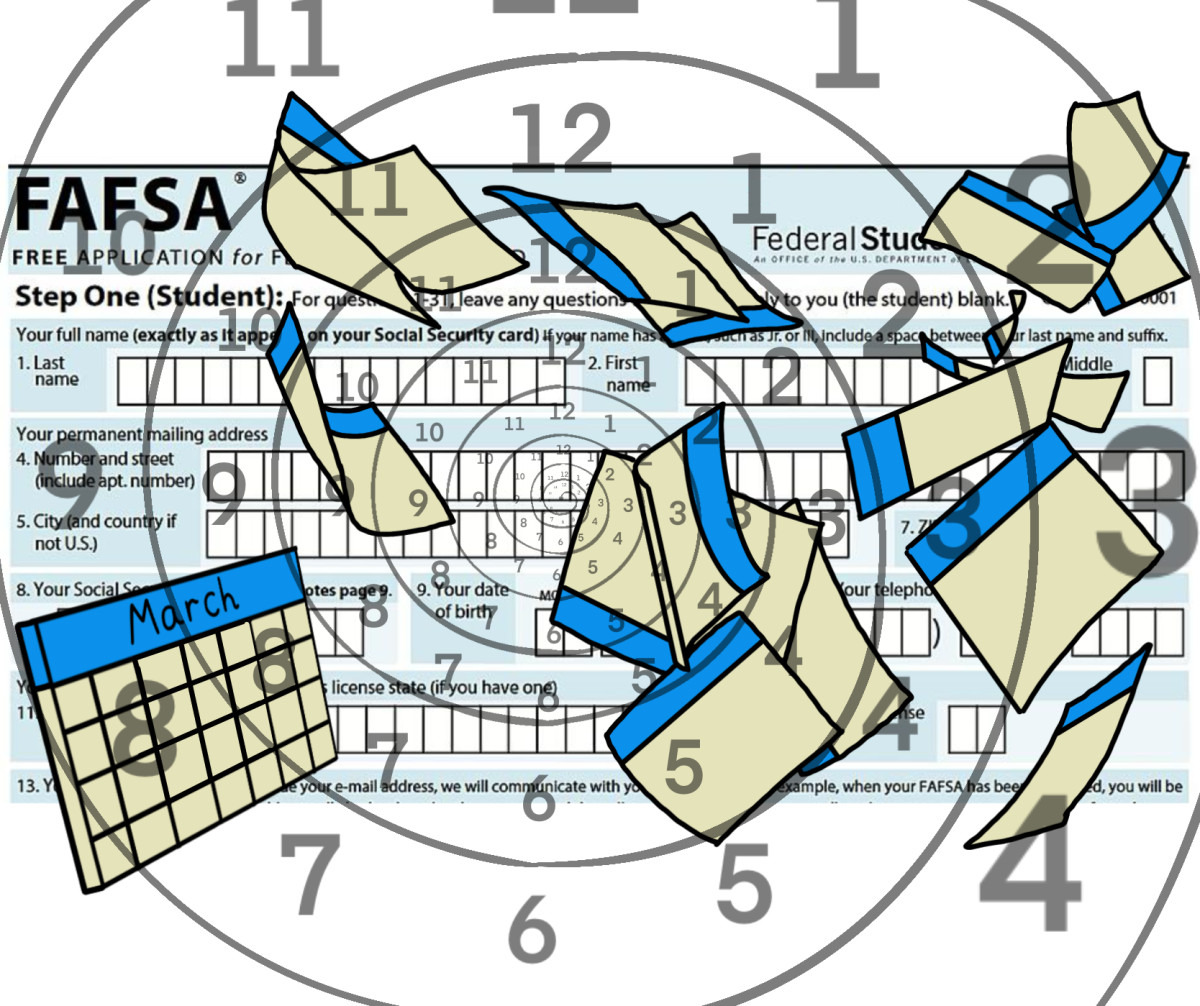In an unprecedented decision, the UT System Board of Regents declined part of the University’s recommendation to increase tuition at a meeting Thursday, but did not do so for any other UT System institution. The regents froze tuition for in-state undergraduates for the next two academic years and raised tuition for all other students.
This concluded the second day of one of the six regular meetings that occur each year and is the latest the regents have set tuition since 2004. The regents approved a 2.1 percent increase for out-of-state undergraduates, instead of the proposed 2.6 percent increase, for the next two academic years. The regents approved a 3.6 percent increase for graduate students that followed President William Powers’ recommendation, but only for one year. In the plan, the University will still receive funds that the proposed 2.6 percent increase for in-state undergraduates would have generated. Regents Chairman Eugene Powell said the gap will be made up with funds from the Available University Fund, the investment income from West Texas oil lands that are managed by the UT System.
The University is the only UT institution that can use the AUF funds in this way, according to UT System Board of Regents press release. The endowment will provide an additional $6.6 million for each of the next two academic years. Powell said the University should not count on the funds for more than two years because they may not be available at that point.
The regents did not follow Powers’ recommendation to increase in-state undergraduate tuition by 2.6 percent each year for the next two academic years, and both out-of-state students and graduate students would have faced a 3.6 percent tuition increase each year for the next two academic years. The email Powers sent out yesterday inaccurately referenced the recommendations Powers proposed for out-of-state undergraduates in December.
Powers said the AUF funds will help to some degree, but it is not a recurring source of revenue like the revenue generated by tuition. He said recurring revenue is necessary to establish and maintain programs that the UT System desires.
“Every penny of it is needed and would be put towards student success,” Powers said. “I am disappointed that our very thoughtful proposal was not adopted. It was very carefully worked out in consultation with students.”
Powell commended programs aligned with UT System Chancellor Francisco Cigarroa’s Framework for Excellence Action Plan that debuted Aug. 25, 2011, which aims to increase productivity and efficiency. However, he said the tuition rates that were approved will provide a bridge between implementing the programs and the cost savings that the programs will eventually produce.
“This has not been an easy process, but we want to continue our responsibility to have the finest institutions in America,” Powell said.
Powell said setting tuition rates is a delicate balancing act and a tremendous number of compromises were weighed and balanced in order to maintain tier-one research status and control affordability.
Printed on Friday, May 4, 2012 as: Regents decline tuition proposal



















